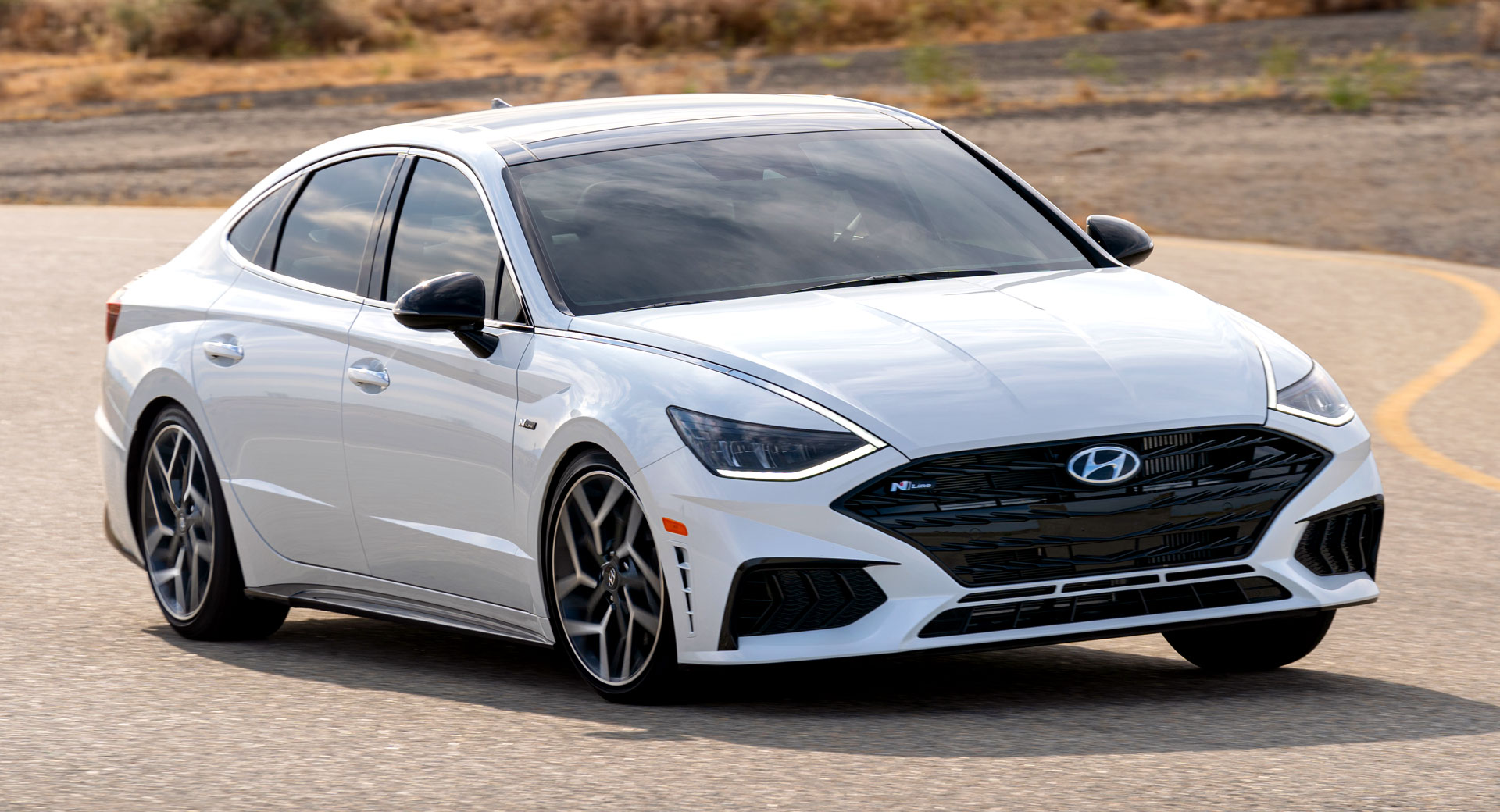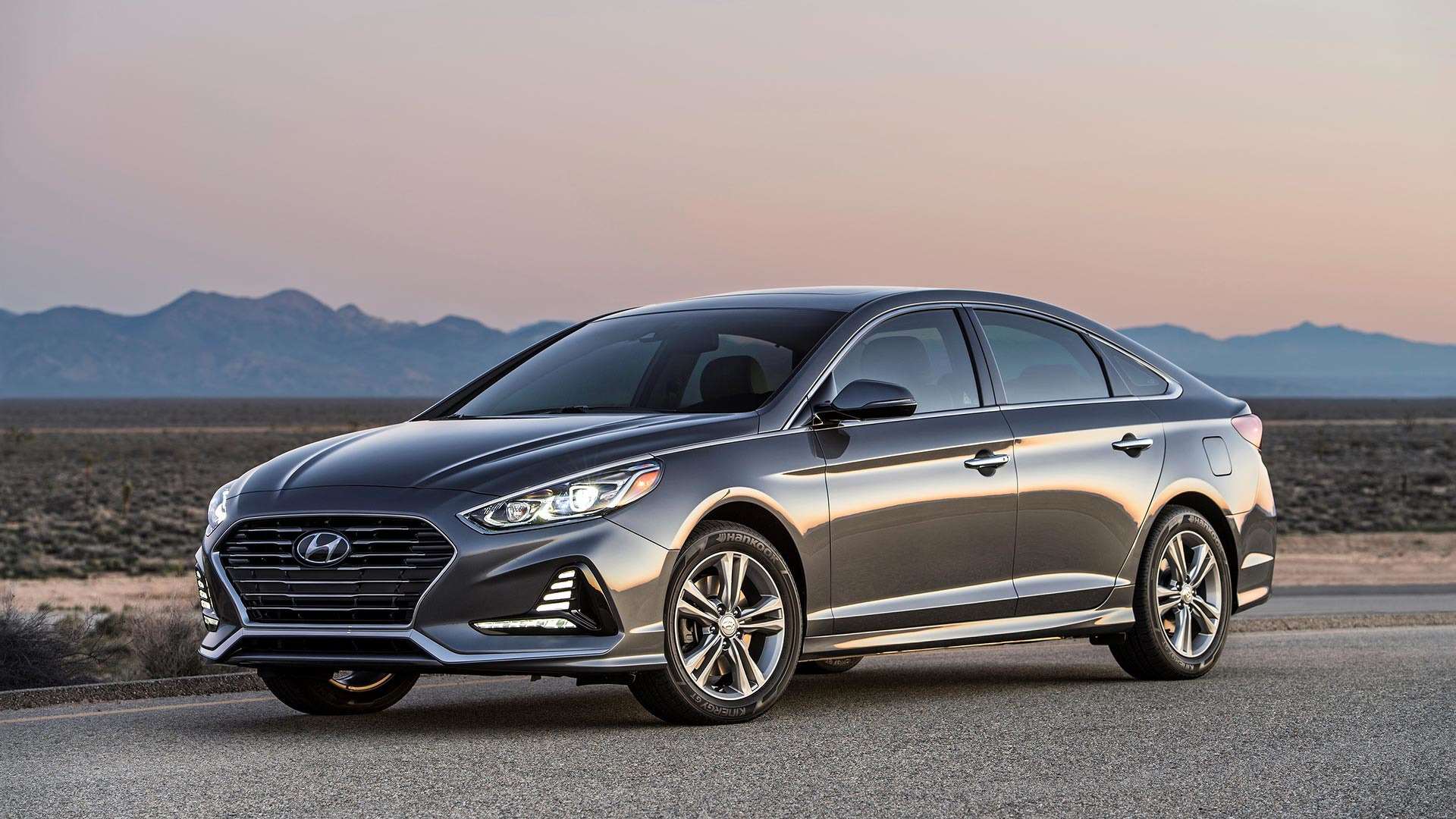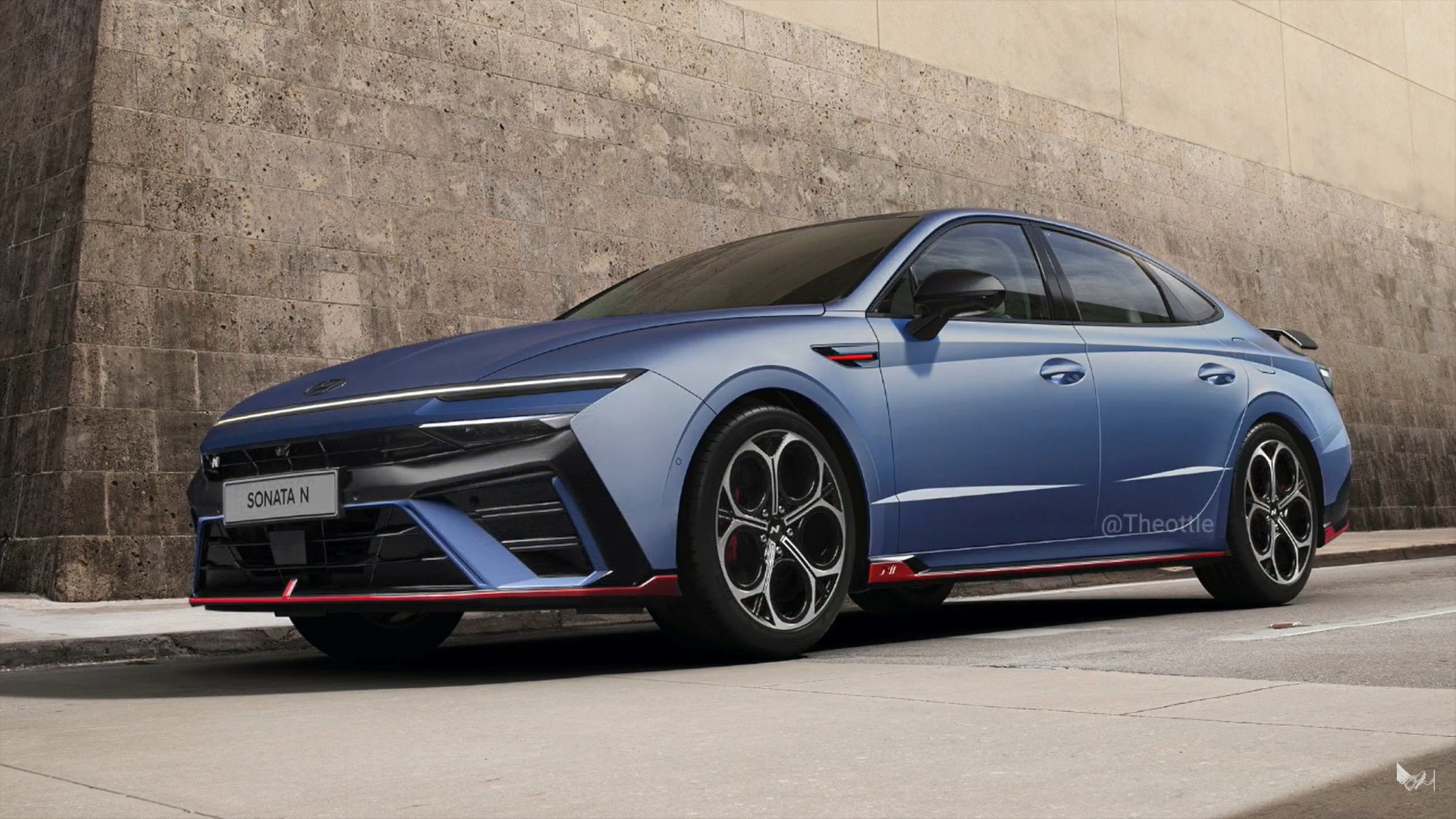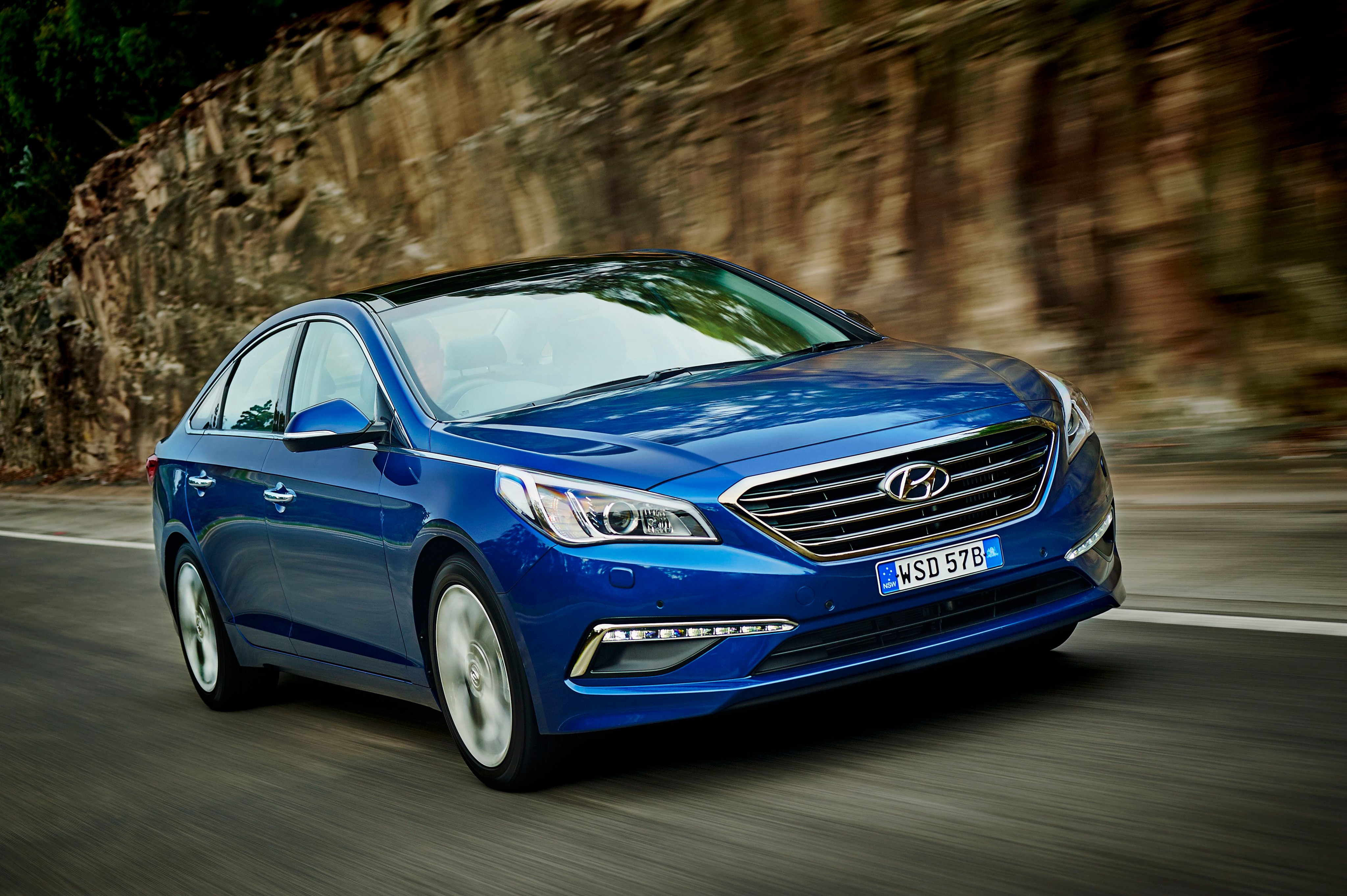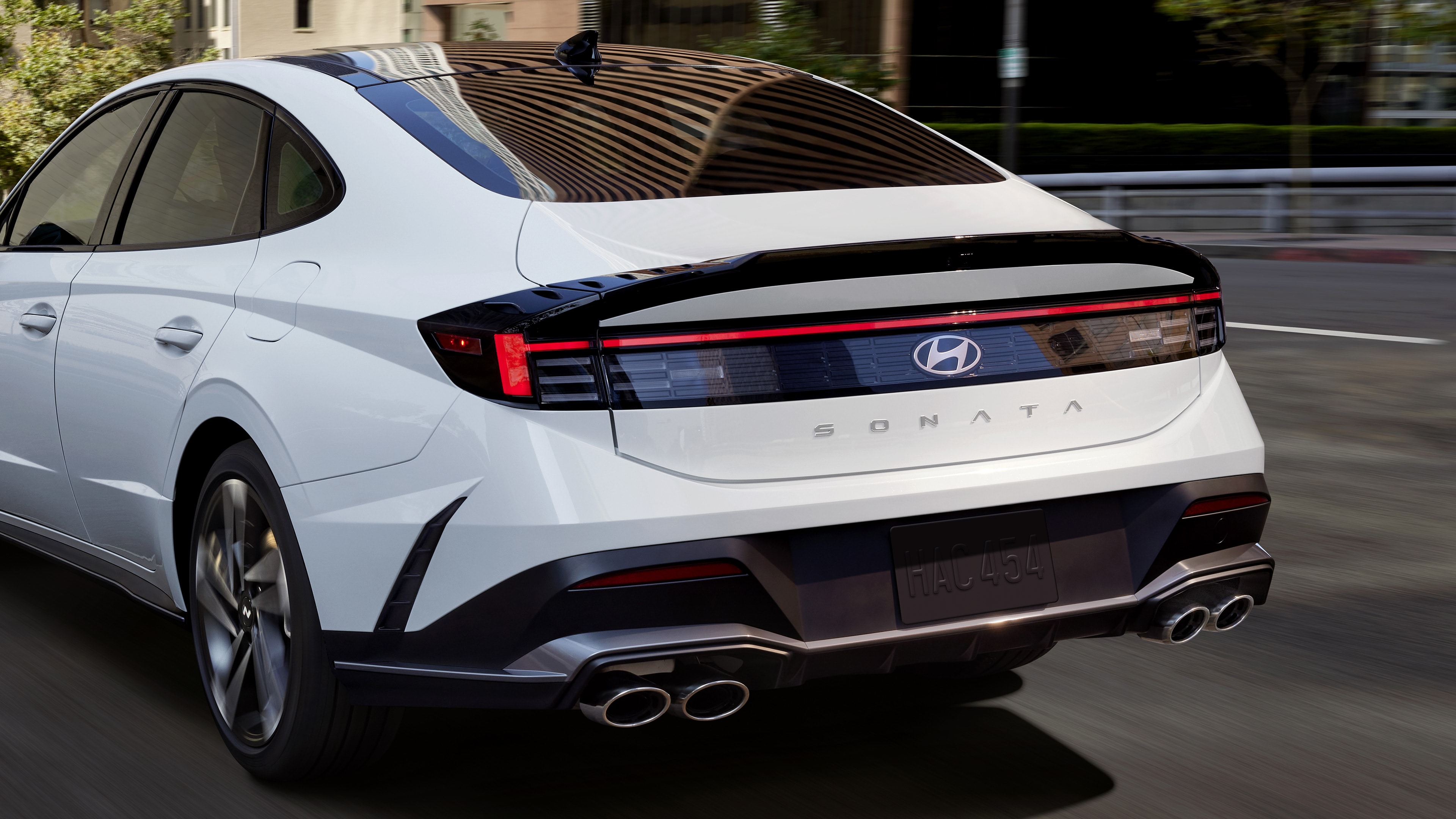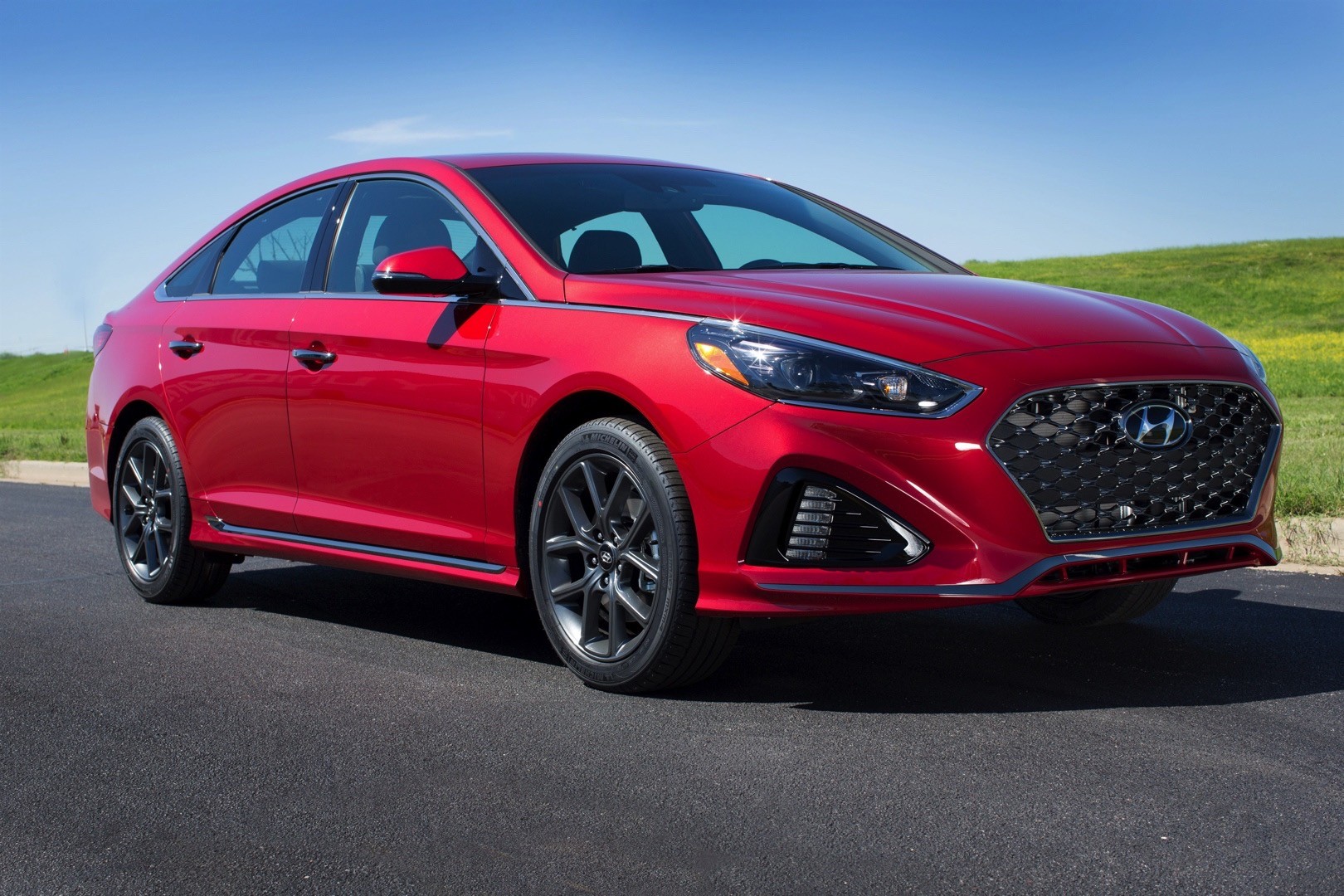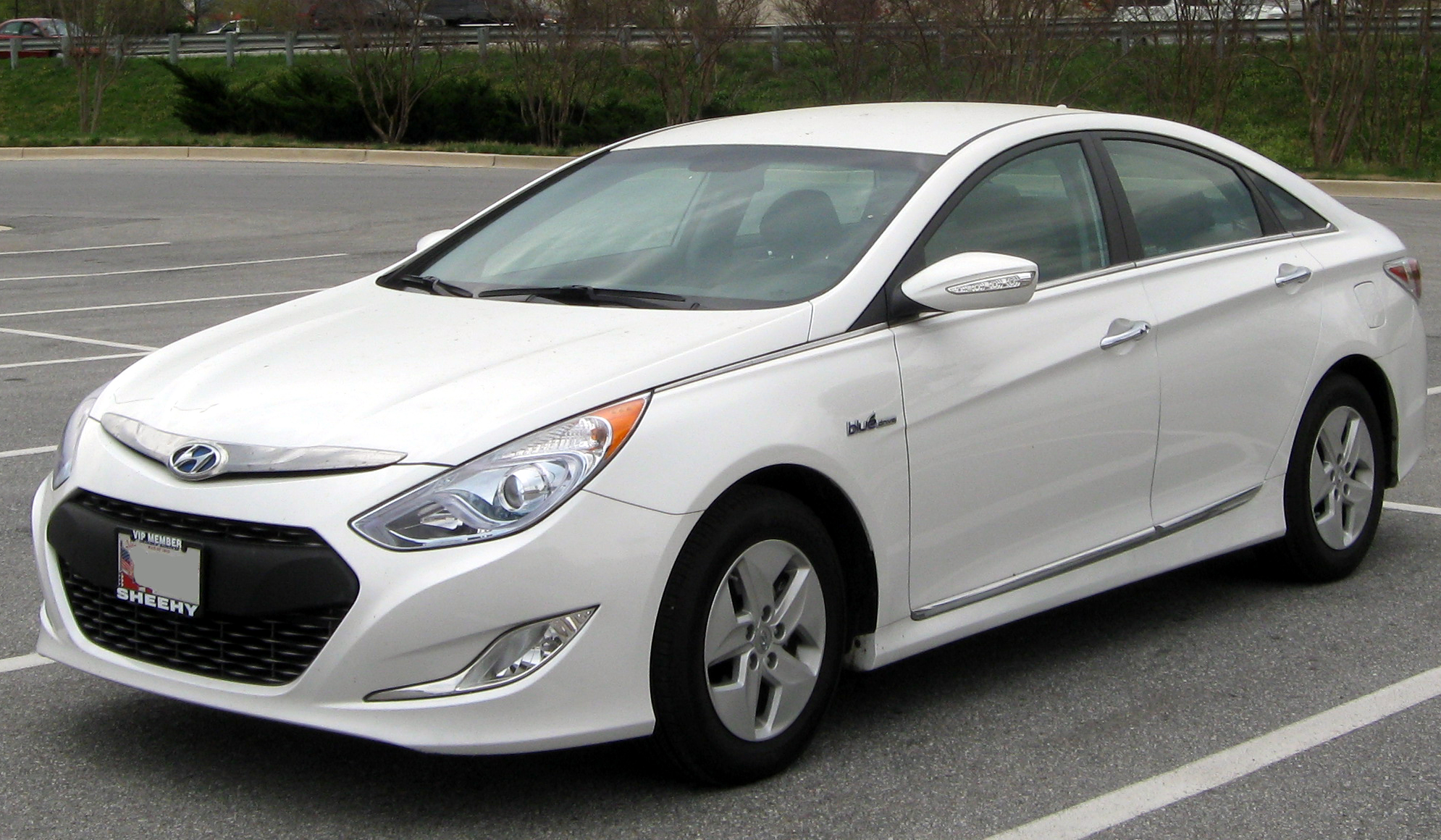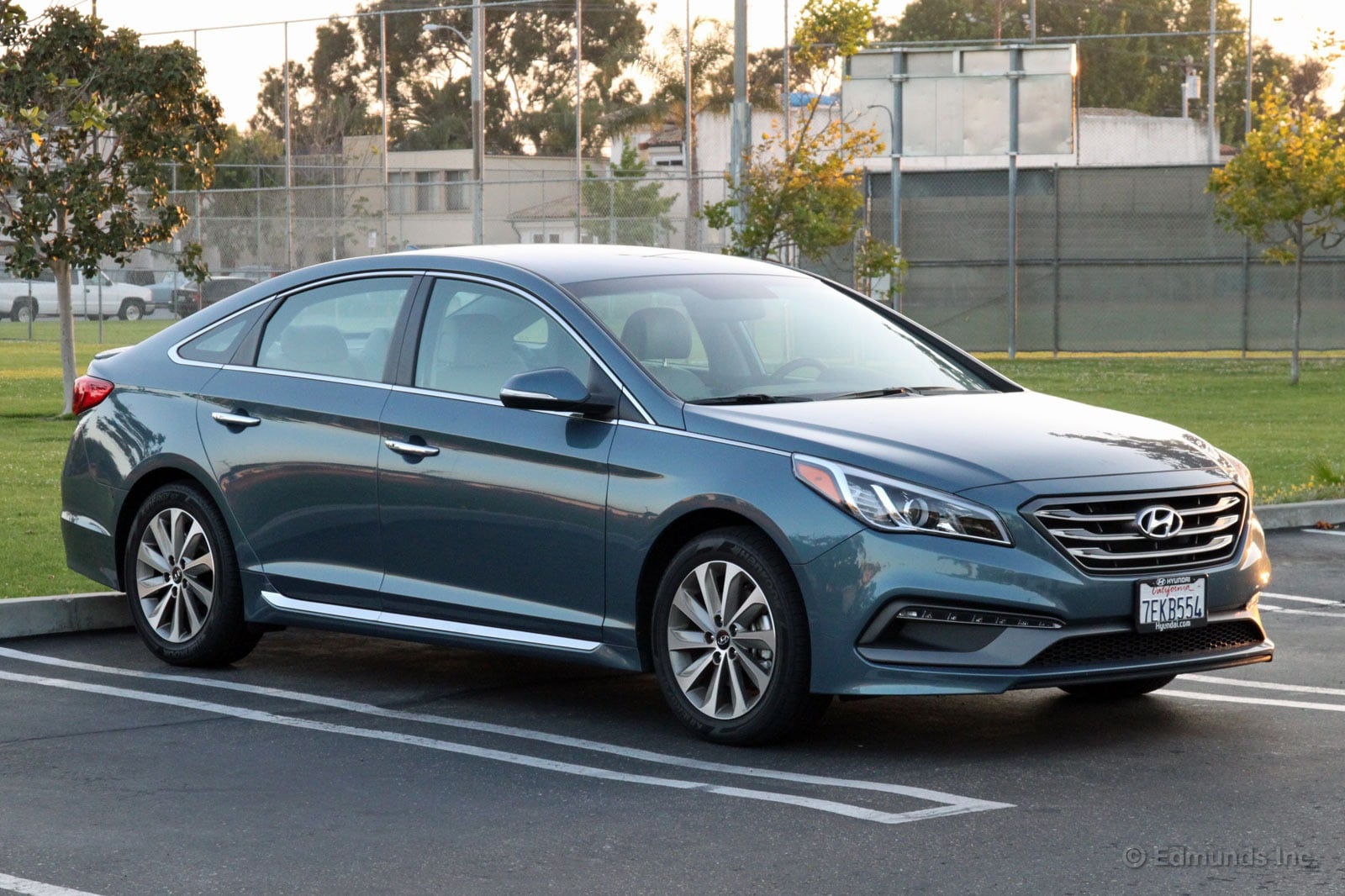How Much Is A Tune Up For Hyundai Sonata

Maintaining a vehicle's performance and longevity often hinges on routine maintenance, with tune-ups being a crucial aspect. For Hyundai Sonata owners, understanding the costs associated with these services is paramount for budgeting and ensuring their vehicle runs smoothly. The price of a tune-up can vary significantly depending on several factors, including the vehicle's age, mileage, the specific services performed, and the chosen service provider.
This article delves into the factors influencing the cost of a tune-up for a Hyundai Sonata, providing readers with insights into what to expect and how to potentially save on maintenance expenses. We'll explore the typical components of a tune-up, regional price differences, and the importance of preventative care. The goal is to empower Sonata owners with the knowledge to make informed decisions about their vehicle's upkeep.
Factors Influencing Tune-Up Costs
Several elements contribute to the overall cost of a Hyundai Sonata tune-up. These can be broadly categorized into parts and labor, with each playing a significant role in the final price. The specific components replaced or serviced during a tune-up are a primary driver of cost.
Common services often include replacing spark plugs, air filters, fuel filters (if applicable), and inspecting or replacing belts and hoses. The quality of the replacement parts can also affect the price, with OEM (Original Equipment Manufacturer) parts generally being more expensive than aftermarket alternatives.
Labor Costs and Service Providers
Labor costs are another substantial factor, and these can vary widely depending on the service provider. Dealerships typically have higher labor rates compared to independent mechanics or chain auto repair shops. Location also plays a role, with metropolitan areas often having higher labor costs than rural areas.
Furthermore, the complexity of the tune-up can influence labor time. Older Sonatas or those with higher mileage may require more extensive work, leading to increased labor charges. Getting quotes from multiple service providers is crucial to compare prices and find the best value.
Typical Tune-Up Components and Price Ranges
A standard tune-up for a Hyundai Sonata typically includes several key services. Replacing spark plugs is almost always part of the process, as worn spark plugs can lead to reduced fuel efficiency and performance. The cost of spark plugs can range from $5 to $20 each, depending on the type (e.g., copper, iridium, platinum).
Replacing the air filter is another common service, helping to ensure clean air enters the engine. Air filters are relatively inexpensive, typically costing between $10 and $30. Fuel filter replacement (if the model has a replaceable one) can add another $20 to $50 to the bill.
Inspecting and potentially replacing belts and hoses is also standard practice. These components can degrade over time and lead to significant engine problems if not addressed. Belt and hose replacements can range from $30 to $100 or more, depending on the specific parts needing replacement.
Regional Price Variations and Cost-Saving Tips
The cost of a Hyundai Sonata tune-up can vary considerably depending on geographic location. Areas with a higher cost of living generally have higher labor rates and potentially higher parts costs. For example, tune-ups in major metropolitan areas like New York City or Los Angeles are likely to be more expensive than in smaller towns.
Online research and price comparisons are valuable tools for finding the best deals. Checking reviews and ratings for local mechanics can also help ensure quality service. Several websites and apps allow users to request quotes from multiple repair shops, facilitating price comparisons.
Preventative Maintenance and Long-Term Savings
Investing in preventative maintenance can save money in the long run. Regular oil changes, tire rotations, and fluid checks can help prevent major engine problems and extend the life of your Hyundai Sonata. Following the manufacturer's recommended maintenance schedule, outlined in the owner's manual, is critical.
Addressing minor issues promptly can also prevent them from escalating into more costly repairs. Paying attention to warning signs, such as unusual noises or decreased performance, and seeking professional attention can save significant money over time. Skipping tune-ups or delaying maintenance can lead to more serious and expensive problems down the road.
Conclusion
The cost of a tune-up for a Hyundai Sonata can vary widely, influenced by factors such as parts, labor, location, and service provider. By understanding these variables, Sonata owners can make informed decisions and potentially save on maintenance expenses. Regular preventative maintenance and timely repairs are crucial for maintaining the vehicle's performance and longevity, ultimately contributing to a better driving experience and reduced long-term costs.
Getting quotes from multiple mechanics, considering aftermarket parts (with caution), and diligently following the manufacturer's maintenance schedule are all strategies for managing tune-up costs effectively. Investing in your vehicle's upkeep is an investment in its reliability and your peace of mind.


